
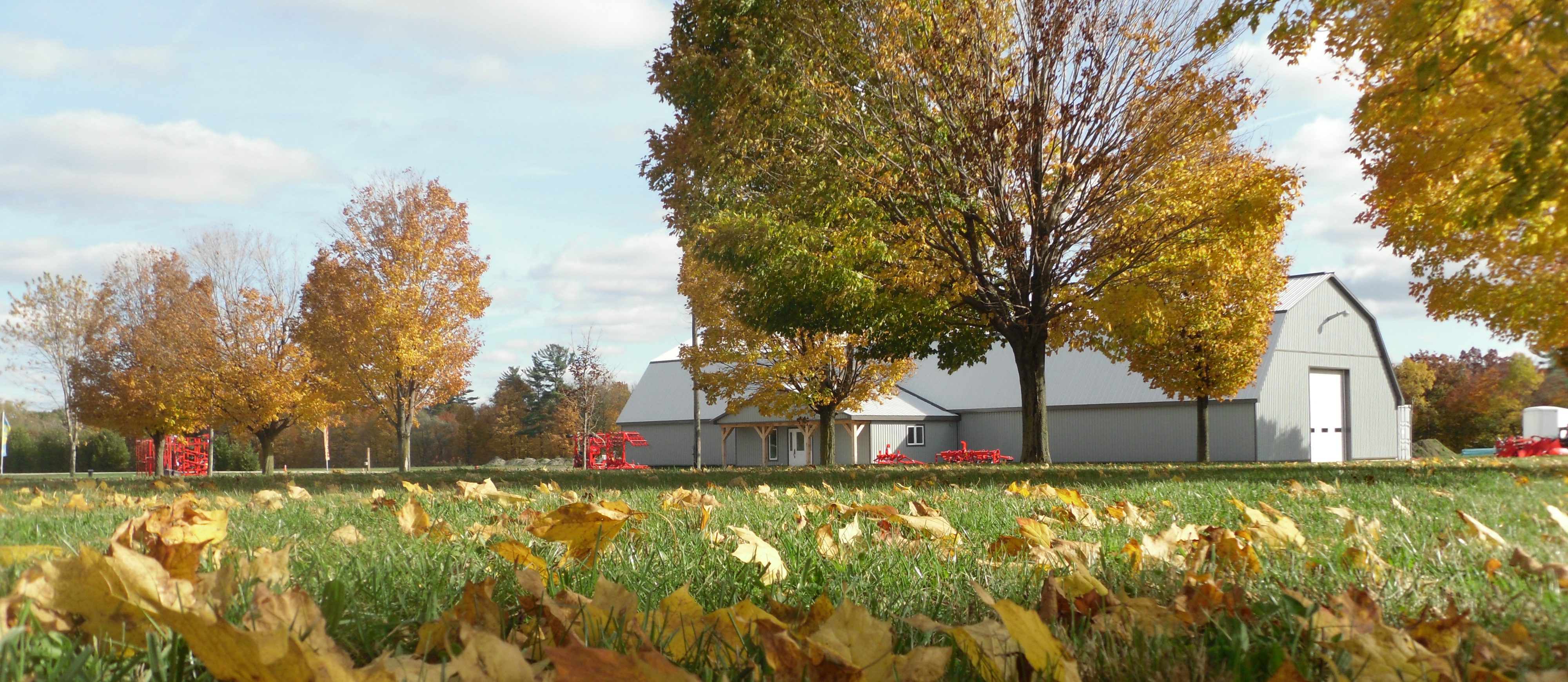
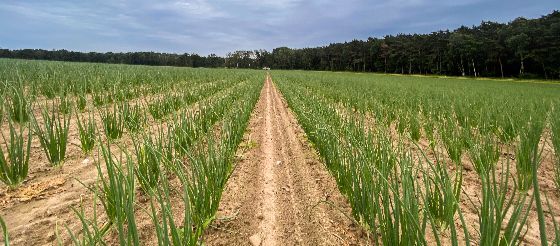
Growing organic onions gets easier when seeding and weeding work together. This practical guide shows how to set up group seeding for strong yields, choose the right seed disc using a quick seed sample, and start in-row weeding from day one.
You will also see real cluster sizes and spacings used by growers in Northern Germany, plus simple steps to avoid soil crusting and support early root growth. If onions are on your plan this season, take five minutes and see how to configure FarmDroid for your fields.
Configure your own robot based on your crops, fields, and specific needs.
Move through the setup step-by-step, explore different options, and watch how your choices shape the final machine.
At the end, you receive a clear price estimate based on your configuration, giving you a solid foundation for your decision and the next steps. Try for yourself!
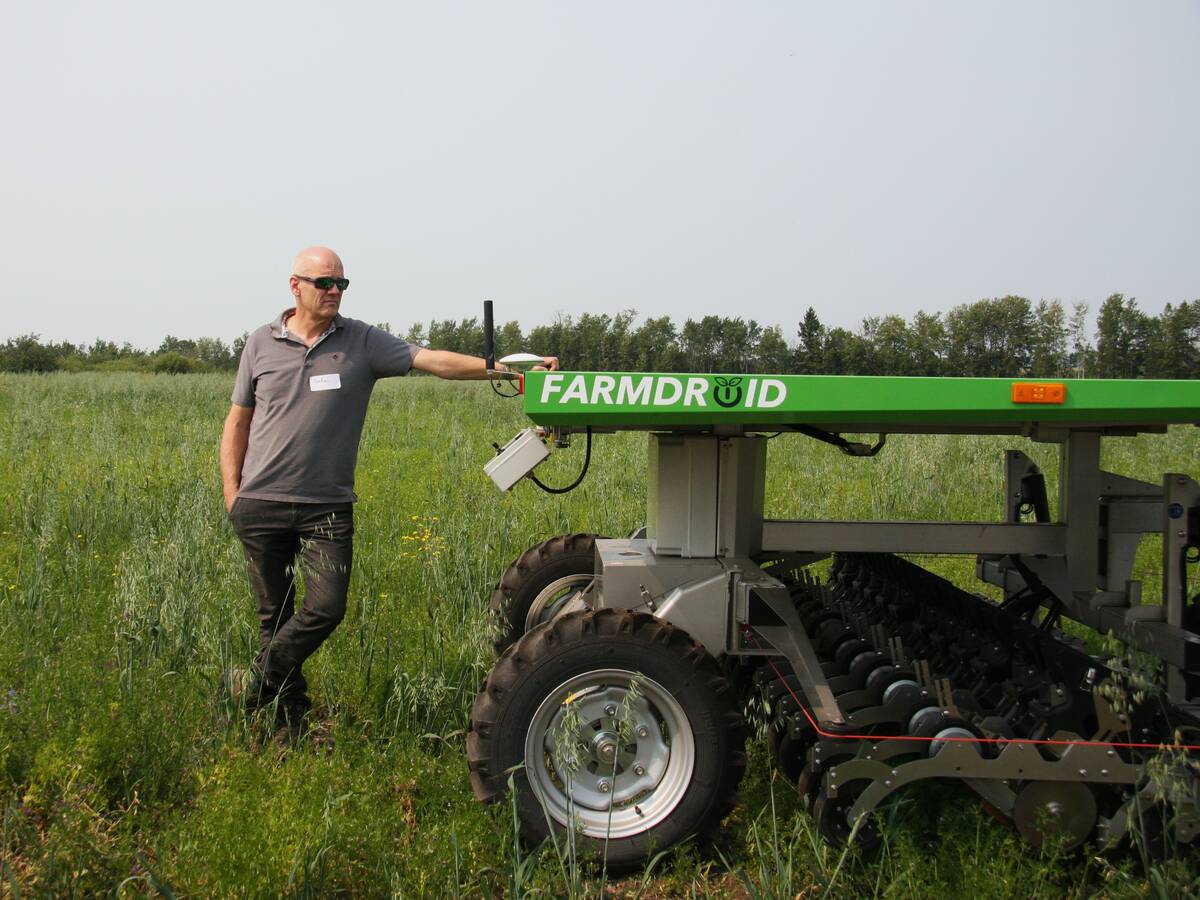
Janelle Rudolph
For organic, horticulture, and small-scale farmers a new toy is available and making waves.
Stefan Graner, an organic farmer near Paddockwood, Sask. has been utilizing FarmDroid, an autonomous seeding and weeding robot, for four years. Its efficiency and accuracy have proven to have strong economic benefits for him.
At between $150,000 to $180,000 they’re not cheap investments, even with federal funding available. But for Graner’s operation, the technology has been such a great addition that he now has three of the robots.
Graner and his wife made the switch to organic farming in 2018, after beginning their farm in the 1990s.
“We’re relatively small-scale,” he shared at the Saskatchewan Organics field day on July 31.
“I probably do a total of 750 acres myself. Of that, some is in cover crops, and maybe four to 500 or 450 are in crop this year.”
Typically, Graner seeds a crop for two years and follows with two to three years of cover crops. But the field he showed off at the field day had been cropped for four years, starting with mustard, then hemp, oats, and now black lentils.
The lentils were seeded by the FarmDroid, and have been weeded by it too. The robot has had its work cut out for it, though, as Graner shared there’s been plenty of volunteer oats in the crop and alfalfa — which was his cover crop from five years ago.
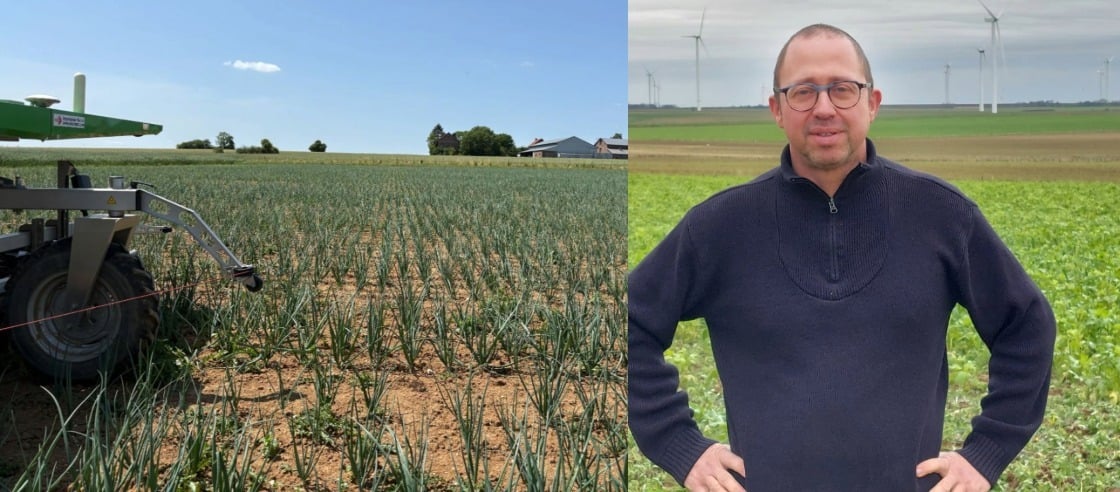
What does precision weeding look like in practice? On an organic onion farm in northern France, managed by Philippe Vieville, FarmDroid reduced manual labour by up to 200 hours per hectare. With precise seeding and early mechanical weeding, the robot helps keep fields clean and reduces the need for extensive hand work throughout the season.
In this article, you can see how FarmDroid is used in daily operations and what that means for workload, planning, and results in the field.
Thinking about precision farming but wondering what actually happens after you buy a FarmDroid?
From the first contact to clean fields and confident operation, we have mapped out the full journey step by step.
Learn how farmers go from curiosity to autonomous seeding and early weed control, and why mindset, field prep, and planning make all the difference.
The new +Seed 14 mm seeding system expands the range of crops a FarmDroid robot can handle. It now supports larger seeds such as maize, green beans and peas. All with the same 8 mm GPS seeding precision.
New weeding tools for mechanical weeding have been upgraded to work in varying soil conditions while protecting gentle plants in the weeding process:
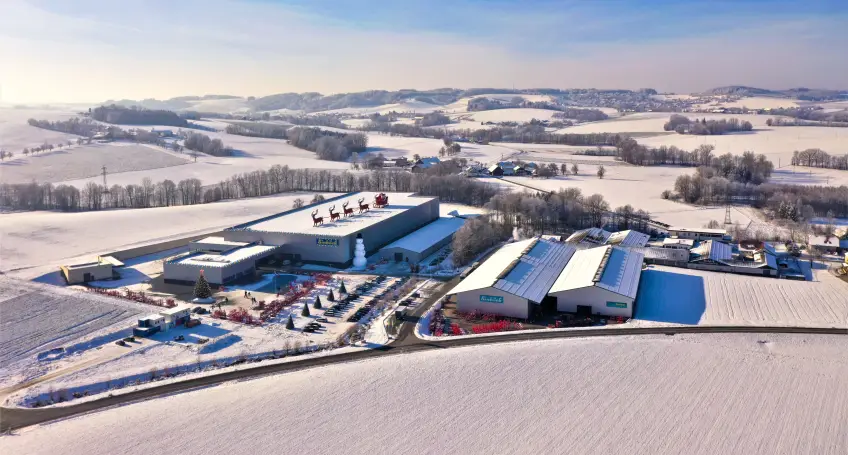
We are finally able to present our new customer magazine: the brand new REDreport! Our first magazine for farmers and Einböck partners, full of technology, stories, and insights into the red world of Einböck.
The Einböck family looks back on an eventful 2025 – marked by exciting events, significant innovations, and numerous special moments.
The AEROSTAR-EVO – the economical precision weeder with indirectly spring-loaded tines for weeding of arable crops. Get to know our new member to the Einböck weeding technology family now!
If you want to use the holidays to catch up on your reading, now is the perfect time: all of our updated brochures are available online!
PS: Our various handbooks also offer valuable information for anyone who wants to delve deeper into practical farming.
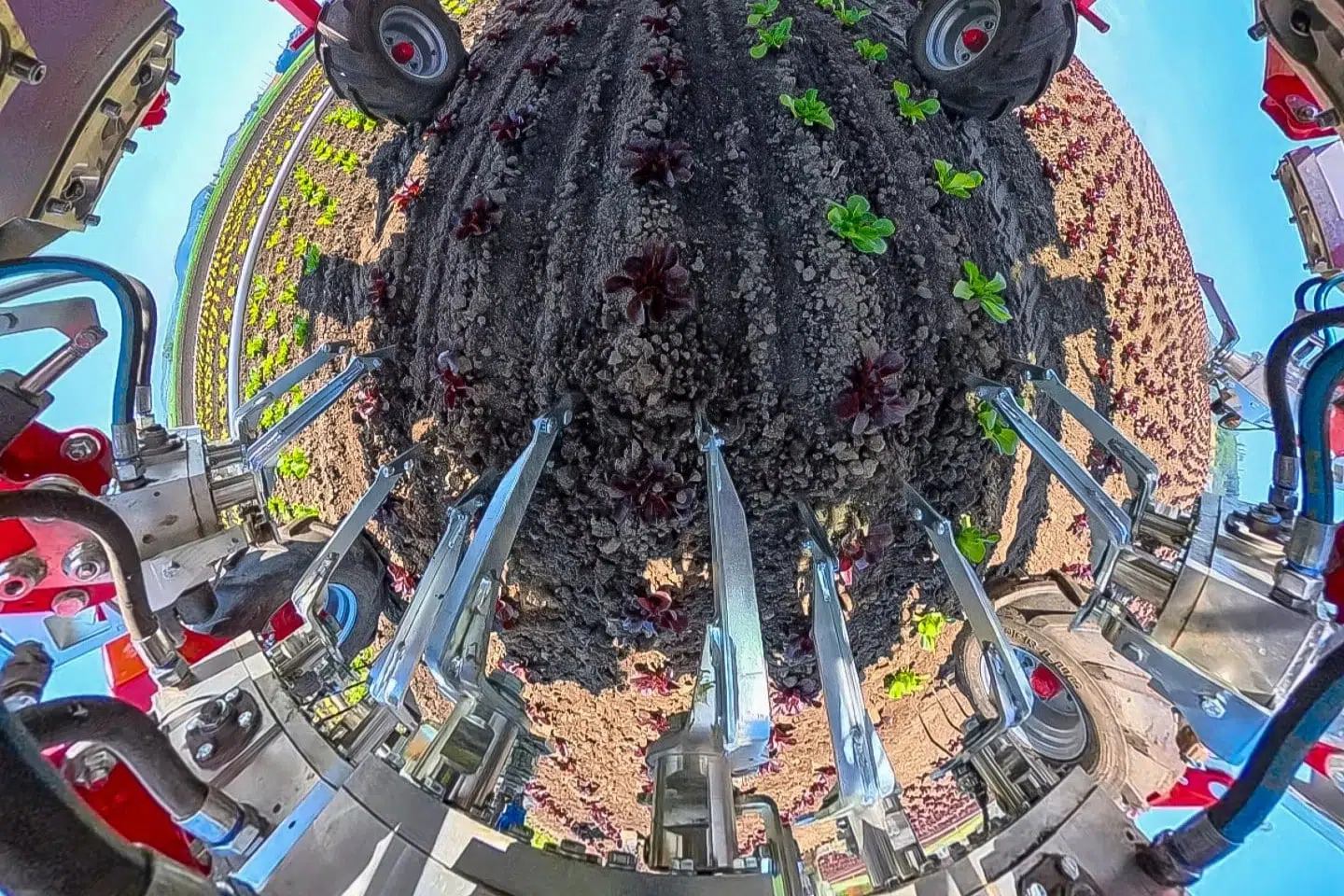
Precise, reliable and mechanical weeding inside the row.
An extraordinary Agritechnica 2025 is behind us – and once again we were able to show the true Einböck power.
New brochures are now available for our INVERA in-row cultivator, MULTI-BOX professional seeder, AEROSTAR-EVO tined weeder, and general hoeing technology.
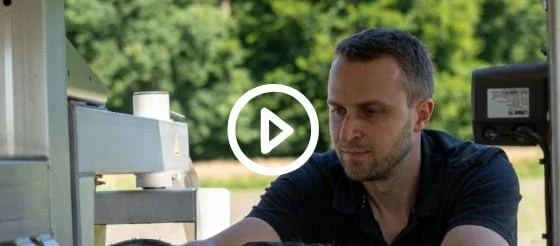
On his organic farm, Nils Maßmann faced a classic challenge with too much work and too few hands. Hoeing maize and potatoes often overlapped, so he started looking for smarter solutions. That search led him to FarmDroid.
Today, the robot saves him precious working hours, delivers precise seeding in maize and lets him explore new crops like onions, beetroot and carrots. Nils highlights the strong community, fast support and the excitement of testing what else the robot can handle.
Curious to hear his full experience and insights? Learn more by watching the video or read the article below:
Thanks to everyone who visited us in Hannover last week.
We loved catching up with existing customers, meeting new interested farmers and connecting with our partners. The stand was buzzing all week with great conversations, sharp insights and tons of valuable input.
The interest in the FarmDroid robot, our new +Seed 14 mm system and the upgraded soil tools was incredible.
We’ve collected the highlights, photos and the full story here:
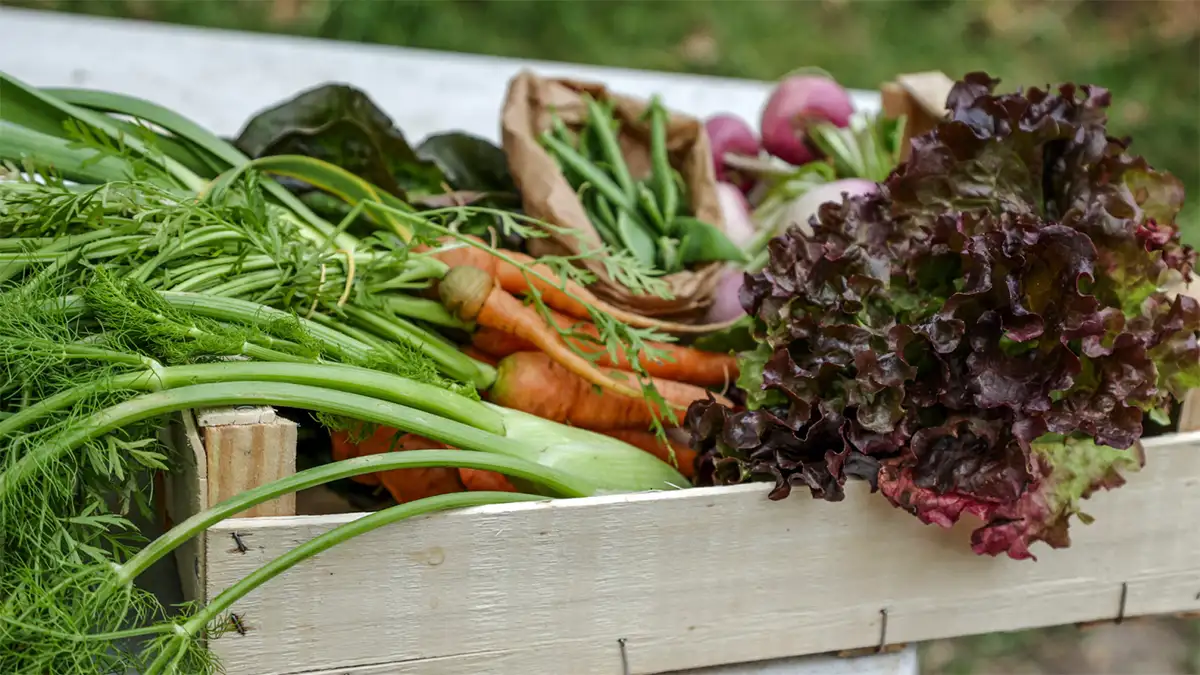
It’s common to wonder: Why does organic cost more? But first, we want to bust the myth and note that organic doesn’t always cost more, and is often comparable in price to conventional goods. In fact, this Canadian case study found that in some instances, common organic grocery items were actually cheaper than the conventional alternative.
When organic does cost more, it can be because:
This is all to say that when you buy organic, you are investing in more than just good food:
Organic farms do not use synthetic chemicals – promoting healthy soil, clean water, and strengthened biodiversity; benefits proven across Canada and [Ontario] alike [1]. The Canadian Organic Regime (COR), established in 2009, ensures integrity and environmental stewardship across the supply chain [2]. Organic agriculture is a viable mechanism for tackling climate change with lower energy use, reduced greenhouse gas (GHG) emissions, improved soil sequestration (a fancy word for holding on to carbon), and increased resilience [3]. In fact, organic farming reduces GHG emissions by 35% per acre and 15% per unit of production. It also uses up to 50% less energy and is up to 40% more energy efficient, based on long-term Prairie trails [4].
Because organic is more labour-intensive, organic agriculture creates more year-round labour opportunities and stimulates rural economies. In Canada in 2024, the organic sector accounted for $9.01 billion in retail food sales and supported small-scale farms and jobs [5].
While results vary by crop, organic production delivers 117% higher net returns on average. [6]. If that’s not enough, farmers and farmworkers experience reduced exposure to synthetic inputs.
When it comes to long-term health, studies find that organic food exposes consumers to less pesticide residue [7]. Additionally, consumers can know with certainty that organic certified goods adhere to increased standards for animal welfare including larger space requirements. Overall, organic is fixated on developing healthy soil without synthetic inputs or pesticides leading to healthy soil, healthy water and healthy communities [8].
Conclusion
Organic products may come at a higher price, but that cost reflects intentional choices: rigorous standards, enriched soil, healthy food, strong communities, and a resilient future. Especially here in [Ontario] and Canada, choosing organic helps build food systems rooted in health, fairness, and sustainability.
Each purchase contributes to farms that prioritize the environment, empower local economies, protect farmworkers, and promote long-term well-being.
In essence, the price of organic is an investment in a future where food, land, and communities thrive together.
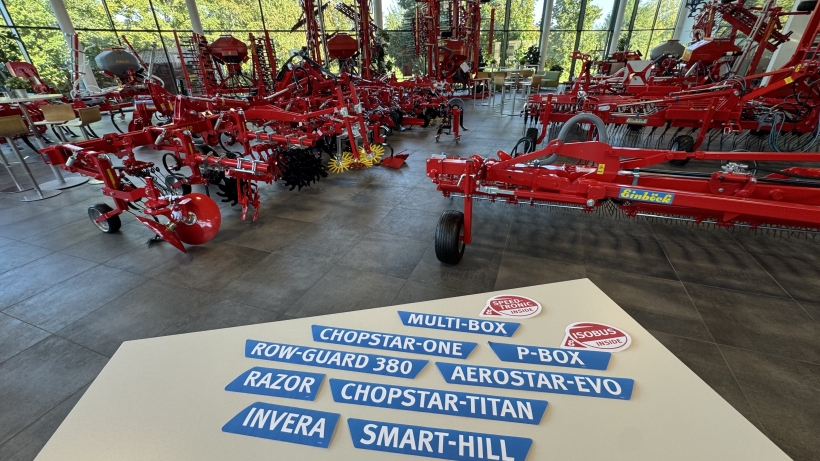
The new standard in precision hoeing technology for arable and vegetable farming!
Vote now for our innovative drift compensation!
The premium tined weeder AEROSTAR-FUSION is now available with an impressive 60-foot (18-meter) working width.
AEROSTAR-FUSION with SMART-CONTROL operation.
As much as necessary, as little as possible: that is the goal of modern “Fusion-Farming”
Machine documents digitally available at any time via QR code
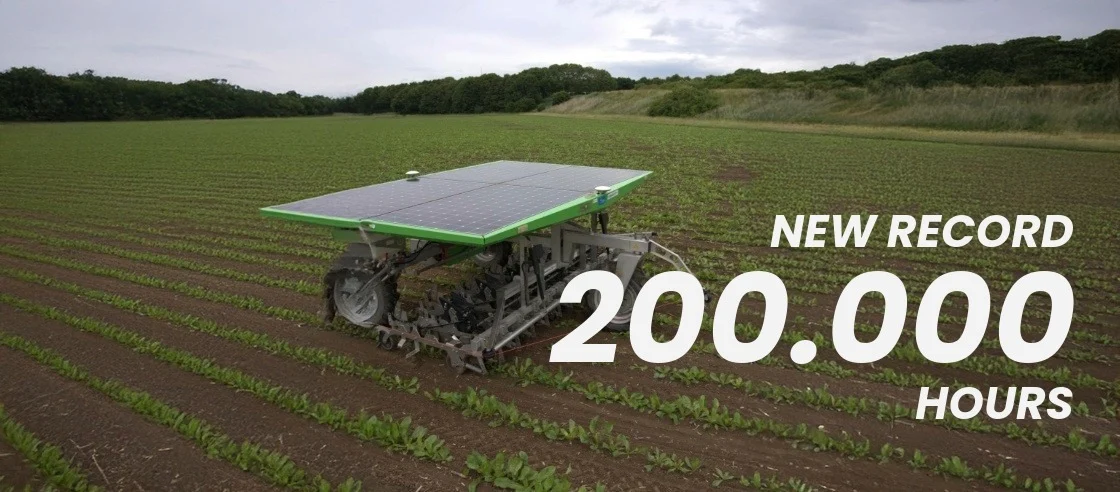

This year, our robots have reached a new milestone, delivering results that surpass everything before. It’s about precise sowing, effective weeding, and an impressive growth in operating hours.
What does this mean for farmers?
Read the full article and see the numbers here.
Our brand new +Seed 14 mm seeding system, which now also can handle e.g. maize, green beans and peas with the same robot precision.
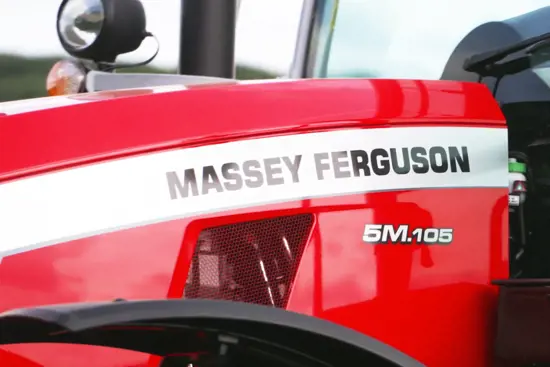
New front linkage system for Massey Ferguson 5M -series (STAGE 5)
MASSEY FERGUSON 5M-SERIE (STAGE 5)
Product Advantages